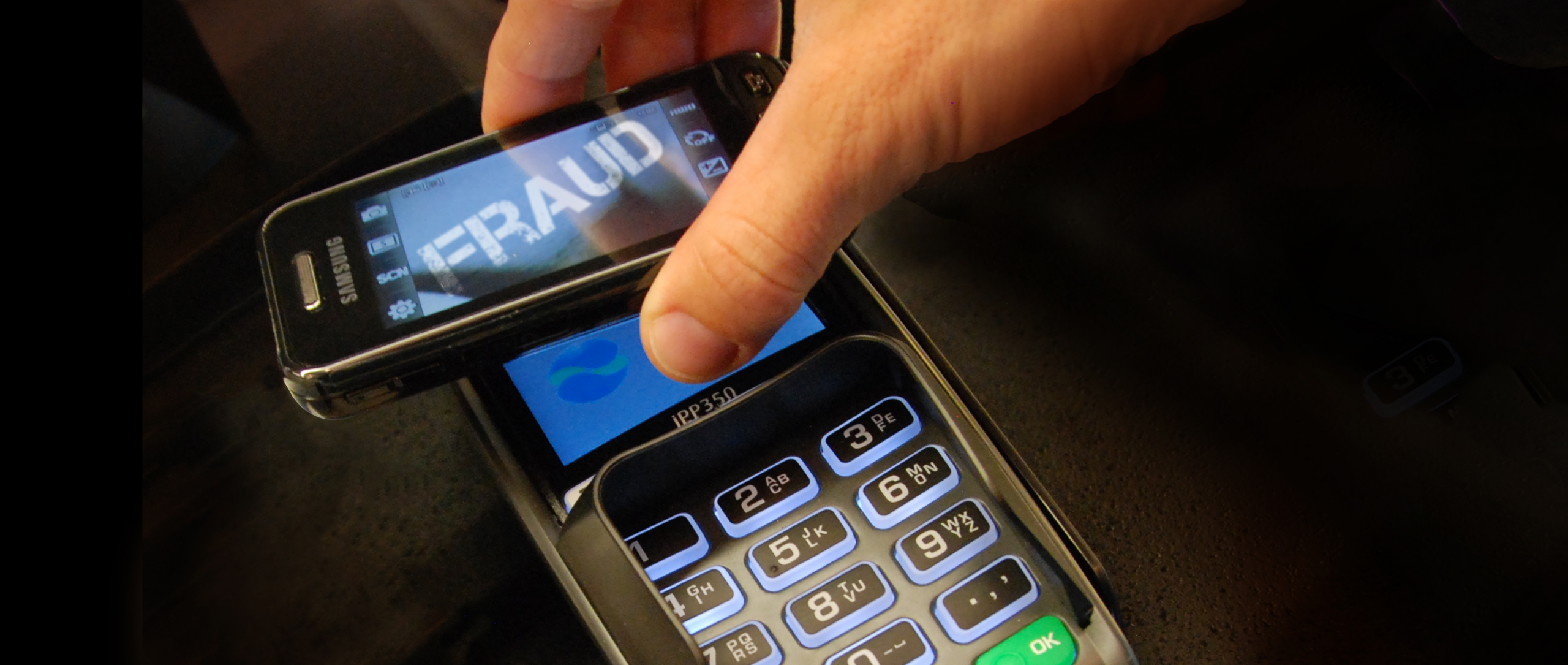Accounting
Increase in Payments Fraud Worries Financial Pros
Eighty-eight percent surveyed believe that payments fraud will become a bigger threat to the financial services sector over the next two to three years. Despite this anticipated increase, just one in 10 attendees felt that an effective ...
Jun. 06, 2016

Payments fraud presents a growing challenge for corporate treasurers and other finance professionals, according to a recent survey conducted by TD Bank at the NACHA–-The Electronic Payments Association PAYMENTS 2016 conference in Phoenix, Arizona.
Eighty-eight percent of attendees surveyed believe that payments fraud will become a bigger threat to the financial services sector over the next two to three years. Despite this anticipated increase, just one in 10 attendees felt that an effective solution currently exists.
“Even as the threat of payments fraud increases, many firms are not ready to thwart what could be an influx of cases within the next 24 months,” said Rick Burke, Head of Corporate Products and Services, TD Bank. “Corporate treasurers need to have conversations with their banking partners to establish controls within their payments processing and accounts, and find better ways to implement layered defenses and detect fraudulent activity.”
Increasing vigilance over payments security will be essential as more organizations shift their payment activities from paper to electronic. One in five survey respondents said their companies already have a paper-free payments system in place. Meanwhile, 32 percent said they expect to implement this in their companies within the next one to two years, and 42 percent believe becoming paper-free will require three or more years.
Although they are several years from incorporating entirely paper-free transactions, nearly half (49 percent) of NACHA PAYMENTS attendees said real-time payments processing is critical to their business. An additional 47 percent view the capability as nice to have, but not yet essential. Respondents also stated self-service and mobile commercial finance capabilities are a priority, with 74 percent identifying such capabilities as very important to their business. As finance professionals become more adept at using self-service and mobile banking tools in their personal lives, it is likely they will begin to expect them from their commercial banking partners.
“As commercial finance professionals look to improve time and process efficiencies and manage cybersecurity threats, they should look to collaborate with their bankers,” Burke said. “The faster payments move, the riskier they become, so it will be critical for financial institutions to continue to provide both education and new solutions for many years to come.”
